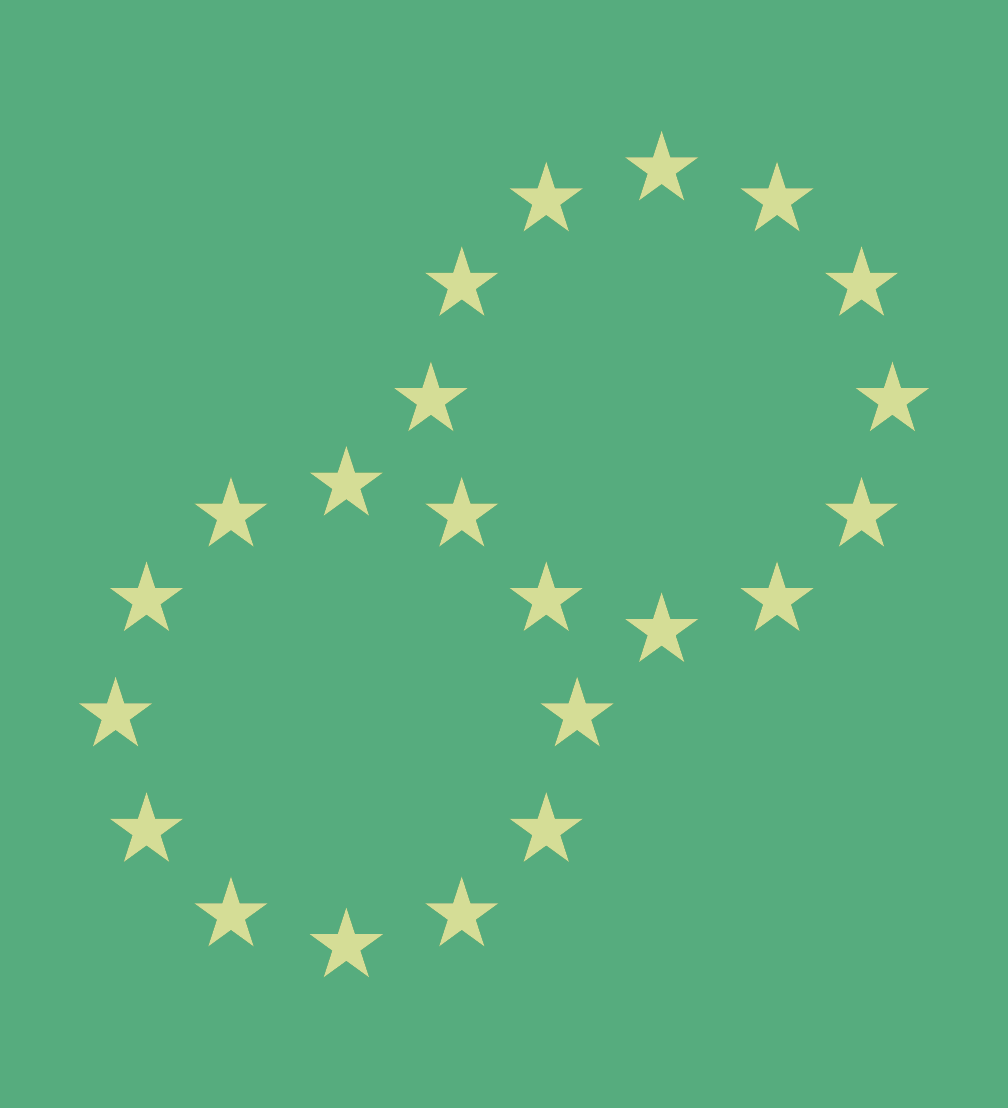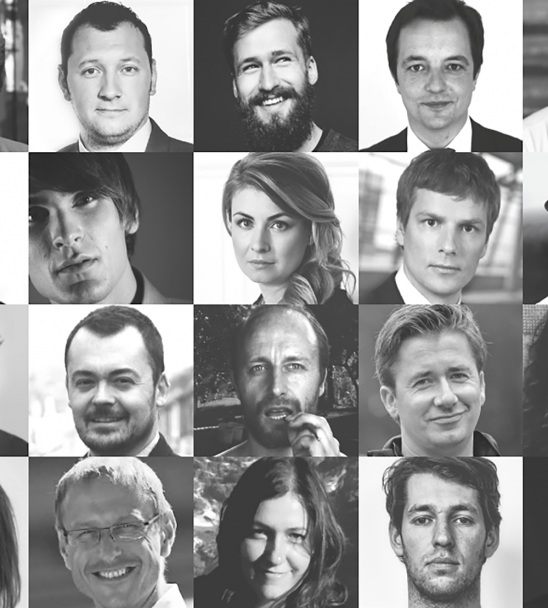
At the end of last year, the European Parliament ruled on the need to improve living and working conditions for professionals working in the arts, culture, and creative industries, pointing out that the sector, which employs 3.8% of the EU workforce and accounts for 4.4% of GDP, is not adequately protected. To find out where we stand today and to find out what creative professionals think about the initiative, Culture Action Europe is inviting creative professionals to fill out a survey by February 9.
Atypical working patterns and irregular income in the cultural and creative sectors (CCS) have led to problems such as weak social protection and a lack of decent working conditions that leave those in the sector vulnerable to abusive subcontracting, bogus self-employment, underpaid or unpaid work, and coercive buy-out contracts. New digital technologies, such as generative AI, also create challenges for CCS professionals. Work in the cultural and creative sectors (CCS) is often characterised by poor working conditions and high cross-border mobility, while at the same time there is no easy portability of their social security entitlements. Gaps between national social systems, national definitions of artists, and other rules create unfair conditions.
In response to the European Parliament’s efforts to improve the situation of the cultural and creative sector, Panteia, a research and consultancy company, and Culture Action Europe are carrying out a study on the status and working conditions of artists and cultural and creative professionals in Europe. The survey is in English and takes about 5 minutes to complete.
- Survey for artists and cultural and creative professionals — here.
- Survey for cultural organisations and institutions — here.
In 2022 across the EU, almost a third (31.7 %) of CCS professionals were self-employed, compared with an average of 13.8% in the whole economy. European Parliament has been calling for the creation of quality social standards for artists and cultural workers since 2021. Under the Lisbon Treaty, the European Parliament has a right of legislative initiative that allows it to ask the Commission to submit a proposal.




Viedokļi